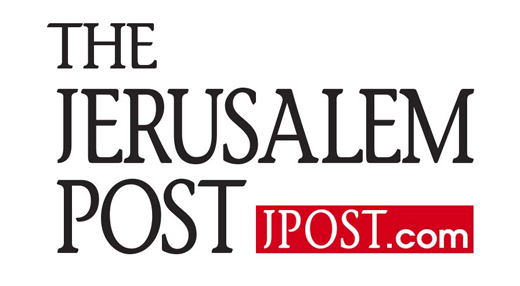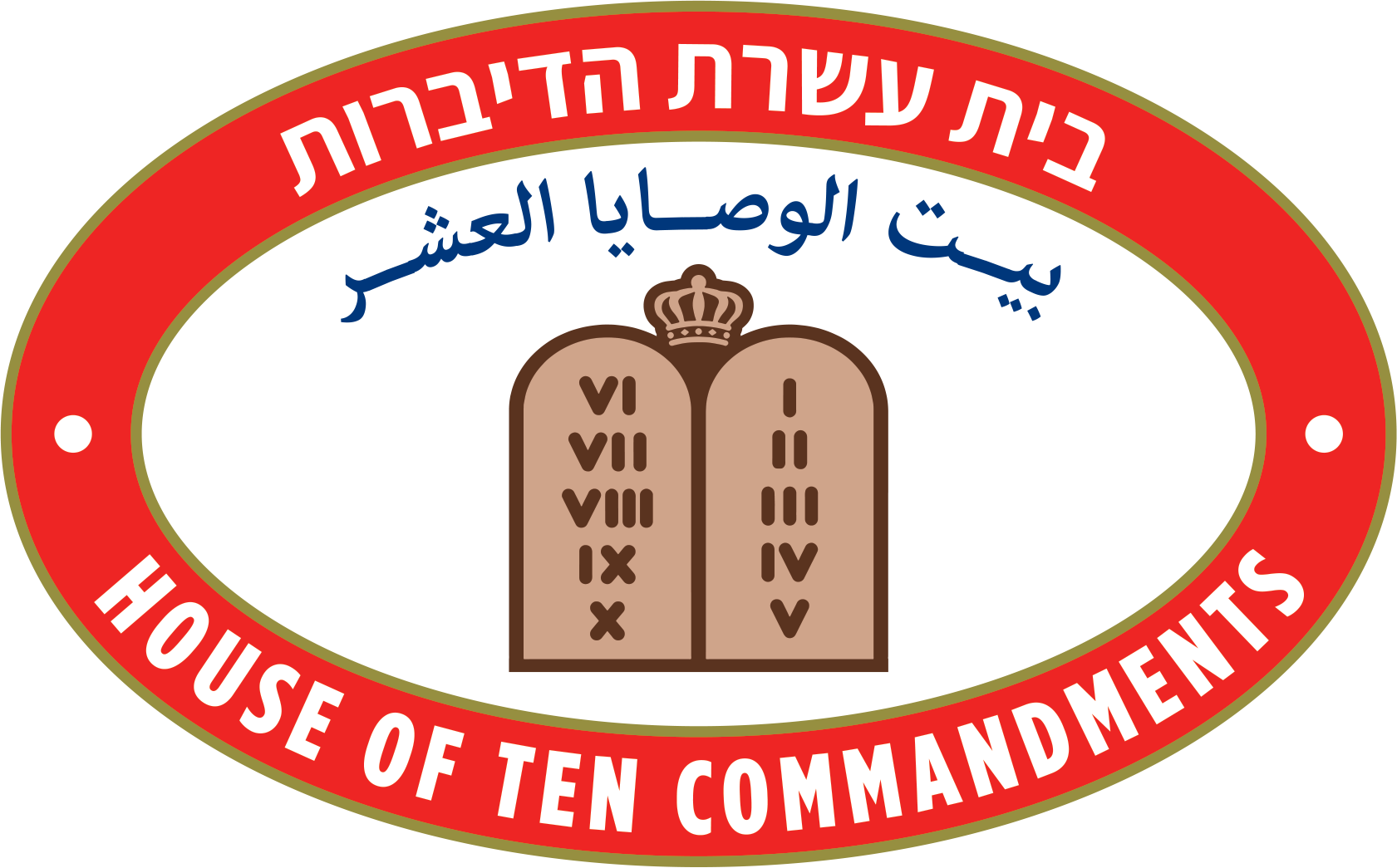Bahraini Jewish community sees opportunity to grow with normalization

Today the community is aging with much of the youth leaving to study abroad and ultimately not returning, often moving to New York or London.
The Bahraini Jewish community, always very small in size, today numbers some 50 souls. But with the normalization agreement between Israel and the Gulf Kingdom that is due to be formalized on Tuesday, the country’s Jewish community has been thrust into the spotlight.
The community’s informal head, Ebrahim Dahood Nonoo, told The Jerusalem Post he hopes the agreement will provide a shot in the arm by bringing in visitors and business leaders.
Nonoo also said he believes Bahrainis will welcome the agreement because of the potential benefits that Bahrain may reap from it, adding that Jews in the country feel comfortable practicing their religion and are well integrated into Bahraini society.
The present Bahrain Jewish community is descended from Jewish Iraqi traders who moved to the country at the end of the 19th century when they set up businesses and stores in their new home.
By the 1940s, there were some 800 Jews living in Bahrain, Nonoo said. But after the United Nations adopted the partition plan for Palestine in 1947, riots broke out, and the Jewish community suffered damage to property, including the synagogue, which was torched, and Jews were physically assaulted.
The perpetrators were largely migrant port workers from Yemen and Oman, Nonoo said, but regardless, the large majority of the Jewish community moved to Israel and elsewhere. Another group left some 10 years later.
Today, the community is aging, as most of the younger generation leaves to study abroad and does not return, often moving to New York or London, Nonoo said.
But the Jews who remain live openly Jewish lives without fear of harassment from the state or the local population, he said, adding that they have integrated into the country’s society, and the wider population is friendly.
“We consider ourselves very much Bahraini,” Nonoo said. “We have a very eastern culture, and we blend in well. Our culture is very Arabic in our way of life, in what we eat and how we live.”
“I consider myself Bahraini and an Arab Jew, meaning that my culture is Arabic and my religion is Jewish,” he said.
Because of the community’s small size, prayer services with a minyan are rare and usually take place only on Jewish holidays.
The synagogue is being refurbished, and work should be completed next year, Nonoo said. Part of the building will be a museum, and another part will be used for prayers. The community is also trying to retain the services of a rabbi, at least on a part-time basis.
“The community has been getting smaller and smaller,” Nonoo said. “But now it has a much better chance to expand” because of the Israel-Bahrain agreement.
“If we have visitors coming, it will be a good chance to get minyanim all the time and expand the community,” he said.
Bahrainis will welcome the agreement, Nonoo said, noting that many are familiar with Jews.
The synagogue is located in a predominantly Shia area of the capital, Manama, and Bahrainis from both the majority Shia and Sunni communities will be equally at ease with the normalization agreement and with Israel, he said.
“I think they are far more interested in the benefits from the deal with Israel and earning a living for themselves than animosities over the Israeli-Palestinian conflict,” Nonoo said. “And I don’t see the younger generation as interested in any of the old antagonisms. They will support this deal and will want to see benefits from it.”
